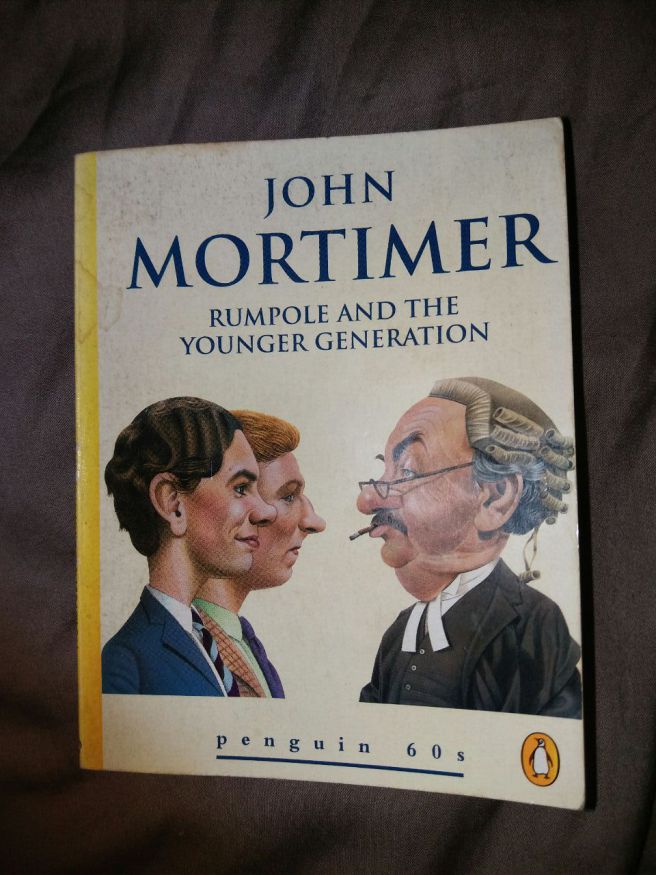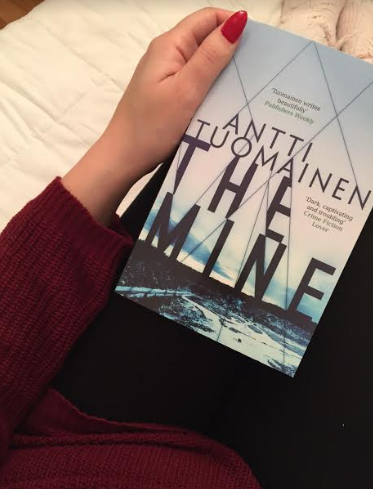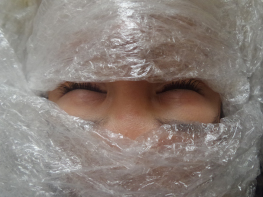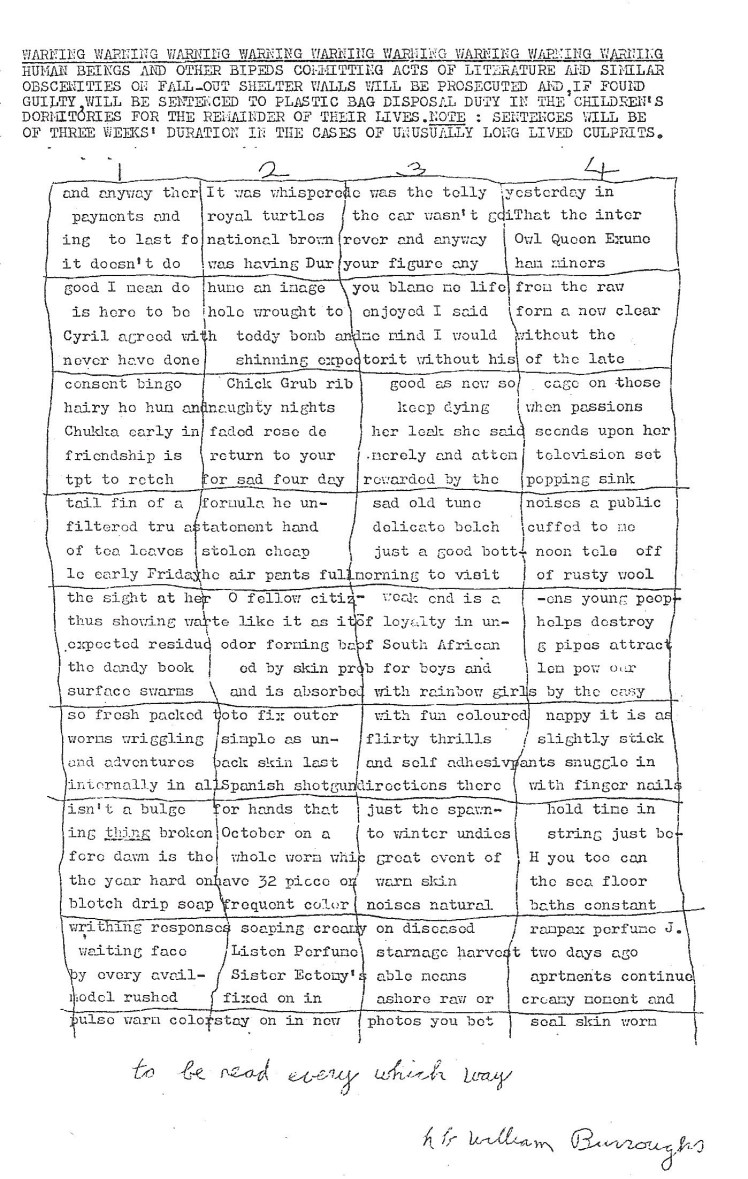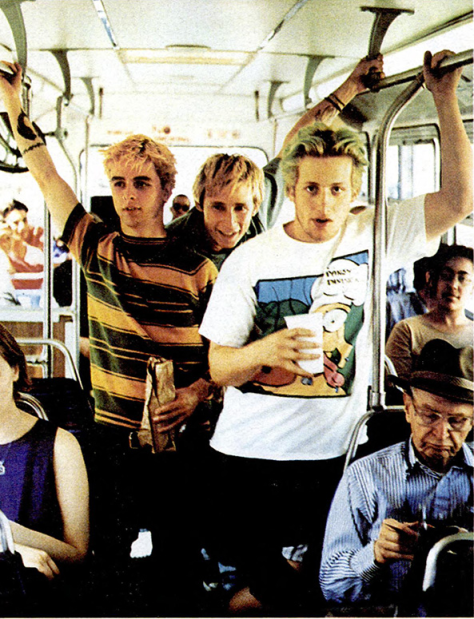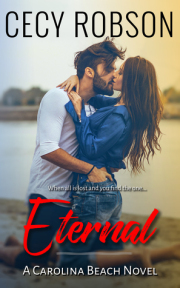I went back and forth over whether to write and post this or not – I want to get into doing more in depth book reviews, and that includes books that I didn’t love – but I don’t really want to write a whole post ripping someone’s work apart. And I’m not – there were definitely some aspects of this book I loved, but some of the time I felt let down by it’s promise, and that has left me feeling confused as to whether I liked this book or not, and I’m conflicted as to my opinion over it’s overall message. And overall, I just want to get my thoughts down and have a discussion about it.
So, to start with a non-spoiler recap:
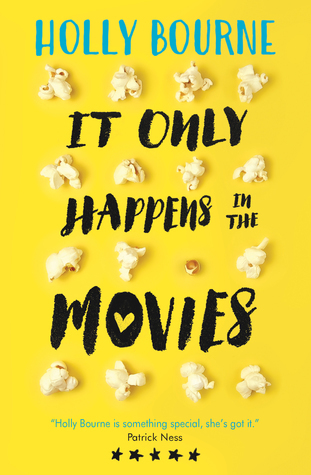
It Only Happens in the Movies by Holly Bourne follows Audrey, who is over romance. Since her parents’ relationship imploded her mother’s been catatonic, so she takes a cinema job to get out of the house. But there she meets wannabe filmmaker Harry. Nobody expects Audrey and Harry to fall in love as hard and fast as they do. But that doesn’t mean things are easy. Because real love isn’t like the movies…
The greatest love story ever told doesn’t feature kissing in the snow or racing to airports. It features pain and confusion and hope and wonder and a ban on cheesy clichés. Oh, and zombies… (Blurb taken from Goodreads)
This book tackles a lot of the common stereotypes and tropes you find in romance films and especially young adult literature – common themes which give everyone, especially young girls, a false idea about how life and love is going to pan out, how everything is a cliche and overdone.
I read a segment from Holly Bourne talking about romance films in Hannah Witton’s book Doing It, which made me really excited to read this and see what else she had to say.
Now, I’m going to get into the spoiler section. Word vomit ahead…
I thought this was going to be a much more progressive book than it was, but it had so much promise! I loved so many aspects of it, how it dissects romance films, the problems with the behaviour of women in them, how they always stop at the kiss or the hook up, how none of them delve further into the relationship to cover the problems that arise and how people overcome them.
And Bourne also covers some amazing stuff that you SO rarely see on TV/in the media/in young adult literature:
- she mentions periods at least twice – how she doesn’t want to have sex/do anything sexual with Harry because she’s on her period and how she needs to wait to start her period to go on the pill
- just mentioning birth control is a rarity in itself, despite how many people in YA are having sex
- Harry gets an STD test – safe sex everyone!
- Audrey enjoys having sex, once they get into it. There’s no shame, there’s no double standards – Harry can enjoy sex and so can she!
- Harry goes down on her!!! Yes, she’s nervous and self conscious at first but she gets hers and it’s great! Also great representation of how girls can find it really hard to orgasm from penetration alone.
- Sex shouldn’t hurt! Yes, sex can hurt the first time, if you’re not properly prepared, but it shouldn’t – there was ways to avoid this, and Harry’s response to this was great too.
- Audrey goes off it when Harry says she’s ‘just like other girls’ and delves into why that’s a really stupid and ridiculous thing to say as a compliment.
- Bourne acknowledges that the majority of the ‘great TV/film kisses’ are between a man and a woman – and she uses the word heteronormative!
- I just really loved LouLou okay?
- And I loved Alice and co. but they could have done with being fleshed out a little more.
- And, yes, I like how in the end, she didn’t end up with Harry.
Right, so all that makes it sound like I loved it, doesn’t it?
Well, here’s the bits that don’t match up with the feminist, sex positive, trope defying points above:
- Rosie – how cliched to have two girls hate each other over a boy. And I assumed in the end they’d make up and be friends, but I was still ready to hate the whole thing because they started off hating each other. But they didn’t?!?! Could we not have two girls who become friends despite a mutual love interest and how there’s more to life than boys??
- Ma – portrayed as a fun sucking, tight reined boss, who they all bitch about. I just would have liked them all to pay her some respect – yes, none of us like our bosses, but could they have tried to see it from her point of view before being dicks?
- Jessie – again, really bad portrayal of ‘The Other Woman’. Yes, Audrey did blame her dad, but it also felt like she blamed Jessie more, especially at the end when she went round and kicked off. He’s the one who left, so why send all the shit to Jessie?
- Courtney – AGAIN. You can guess where this is going? The first time she’s mentioned I think she’s referred to as ‘Her.’ We don’t even get a name. It would have been nice for Audrey to put all her blame on Milo for dumping her because he’s bad in bed, rather on the poor girl who’s probably having just a shit, orgasmless time of it.
- Audrey’s mother. So much to unpack from her that I don’t even know where to begin.
- Despite the whole premise of this book being about tackling stereotypes and cliches, I found Leroy very one dimensional and stereotypical of a gay best friend character, but also, the whole thing with Harry. It claims it’s about showing that love is never easy, but it’s very familiar. She meets Harry, oh he’s cute, gets warned off him, some poor girl left her job because of him for God sake, but oh no, Audrey is different, Audrey can change him, she’s the exception, but, wait, oh no, she’s not. He cheats on her like everyone said he would. How predictable. And it’s with Rosie, because she is the devil in disguise, don’t you know?
- And then there was Audrey herself. She wasn’t the most likable or relatable character, but it seemed to go back and forth whether she was a ‘strong’ female character or not. She gave up her most loved subject in the world, drama, because her ex was doing it. She had some weird thing going on with her friends which was never properly explained, and she was very dramatic. There was a bit at the end when she told Harry she wasn’t going to forgive him (thank God) where she said she needed to take a step back and look at the relationships she picked and why. Like jeez, chill. Also she quit her job because he broke her heart. Like??? What happened to standing up for yourself?
So….. yeah. A lot of conflicting thoughts and I still don’t know whether I would recommend this book or not. I still don’t know any other YA lit where you could go to get even one or two of the good points on the first list about this book, but at the same time, the stuff in the second list is so commonplace and overdone, and I want better than that.
Anyone else read it and got some thoughts on it? I’d love to discuss it with someone
Katie x
Advertisements Share this: